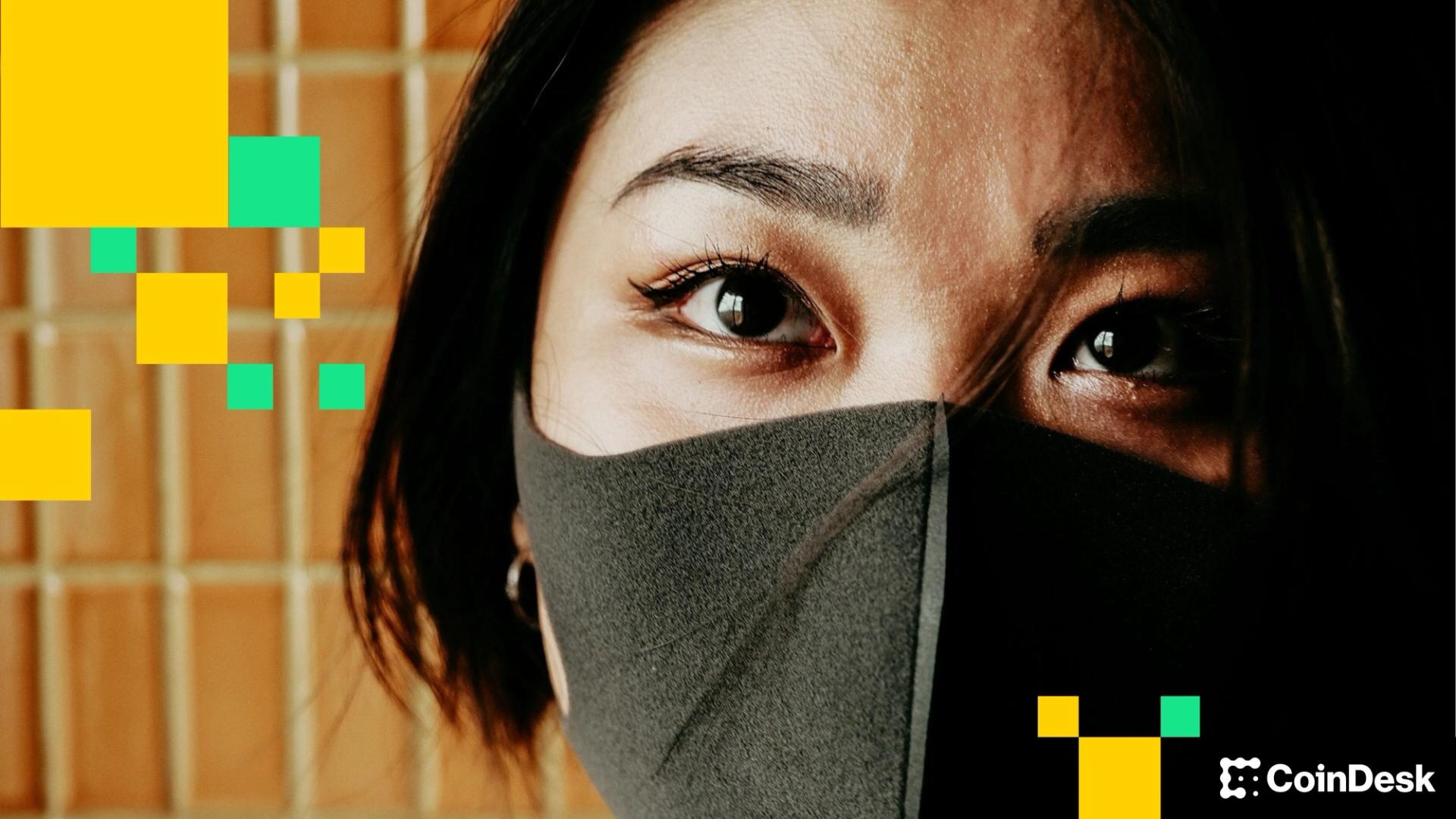
Last year, Hong Kong police arrested a group responsible for a $46 million cryptocurrency investment scam that used deepfake technology. The group collaborated with overseas scam networks to create convincing fake investment platforms. Today, these tools have become exponentially more advanced, now extending into AI-generated video, which is evolving far faster than any other form of media.
Malicious AI contributed to over $12 billion in global losses from fraud in 2024. The U.S. Department of Homeland Security now calls AI-generated deepfakes a “clear, present, and evolving threat” to national security, finance and society. Denmark is considering amending its copyright law to combat unauthorized deepfakes, giving every person “the right to their own body, facial features and voice.”
Deepfakes are clearly an escalating societal threat. To defend the digital world, we need AI to be verifiable and content moderation to be backed by cryptographic proof, not just trust. Zero-knowledge machine learning (zkML) techniques are opening up new ways to prove that outputs are valid, without exposing the underlying model or data.
Current Moderation Is Broken
Contemporary content moderation struggles to keep up with AI manipulation. When a piece of malicious content is uploaded across multiple platforms, each platform must independently reclassify that duplicate content, wasting computational resources and adding latency.
Worse, each platform’s algorithms and policies may differ, and a video that’s flagged on one site might be deemed benign on another. The entire process lacks transparency, and the platforms’ AI decision-making exists in a “black box.” Users rarely know why something was removed or allowed.
This fragmented approach to moderation makes it more challenging for detection tools to perform well. One study found that detection models’ accuracy “drops sharply” on authentic wild data, sometimes degrading to random guessing when faced with novel deepfakes.
Businesses are alarmingly underprepared, with 42% of companies admitting they are only “somewhat confident” in their ability to spot deepfakes. Constantly re-scanning content and chasing new forgeries is a losing battle. We need a systemic fix that makes moderation results portable, trustworthy, and efficient across the web.
Solution: Verifiable Moderation
Zero-knowledge Machine Learning (zkML) provides a method for validating AI-based moderation decisions without duplicating work or disclosing sensitive information. The idea is to have AI classifiers produce not just a label, but also a cryptographic proof of that classification.
Imagine a moderation model that evaluates a piece of content (an image, video, text, etc.) and assigns it one or more labels (for example, Safe for Work, Not Safe for Work, Violent, Pornographic, etc.). Along with the labels, the system generates a zero-knowledge proof attesting that a known AI model processed the content and produced those classification results. This proof is embedded into the content’s metadata, allowing the content itself to carry a tamper-evident moderation badge. Content producers or distributors could also be cryptographically bound to the moderation status of their content.
When the content is uploaded or shared, platforms can instantly verify the proof using lightweight cryptographic checks. If the proof is valid, the platform trusts the provided classification without needing to re-run its own AI analysis.
Benefits of ZK-Embedded Moderation
Let’s think about the benefits here. Verifying a proof is much faster and simpler than running a large AI model on every upload. First, we have the portability of content moderation, where its status can travel with it. We also ensure transparency through openly verifiable outcomes, allowing anyone to verify the cryptographic proof and confirm how the content was labeled.
In this scenario, moderation becomes a one-time computation per content item, with subsequent checks reduced to inexpensive proof verifications. All of this translates into huge compute savings, lower latency in content delivery, and more AI resources to focus on truly new or disputed content.
As AI-generated content continues to explode, zk-enabled moderation can handle the scale. This approach lightens the load on platforms, enabling moderation to keep pace with high-volume streams in real time.
The Integrity Layer for AI
Zero-knowledge proofs provide the missing integrity layer that AI-based moderation needs. They allow us to prove that AI decisions (like content classifications) were made correctly, without revealing sensitive inputs or the internals of the model. This means companies can enforce moderation policies and share trustworthy results with each other, or the public, all while protecting user privacy and proprietary AI logic.
Embedding verifiability at the content level can transform opaque and redundant moderation systems into a decentralized, cryptographically verifiable web of trust. Instead of relying on platforms to say “trust our AI filters,” moderation outputs could come with mathematical guarantees. If we don’t integrate this type of scalable verifiability now, AI-driven manipulation and misinformation could erode the last shreds of online trust.
We can still turn AI moderation from an act of faith into an act of evidence — and in doing so, rebuild trust not just in platforms, but in the information ecosystems that shape public discourse, elections, and our shared sense of reality.
免责声明:本文章仅代表作者个人观点,不代表本平台的立场和观点。本文章仅供信息分享,不构成对任何人的任何投资建议。用户与作者之间的任何争议,与本平台无关。如网页中刊载的文章或图片涉及侵权,请提供相关的权利证明和身份证明发送邮件到support@aicoin.com,本平台相关工作人员将会进行核查。




